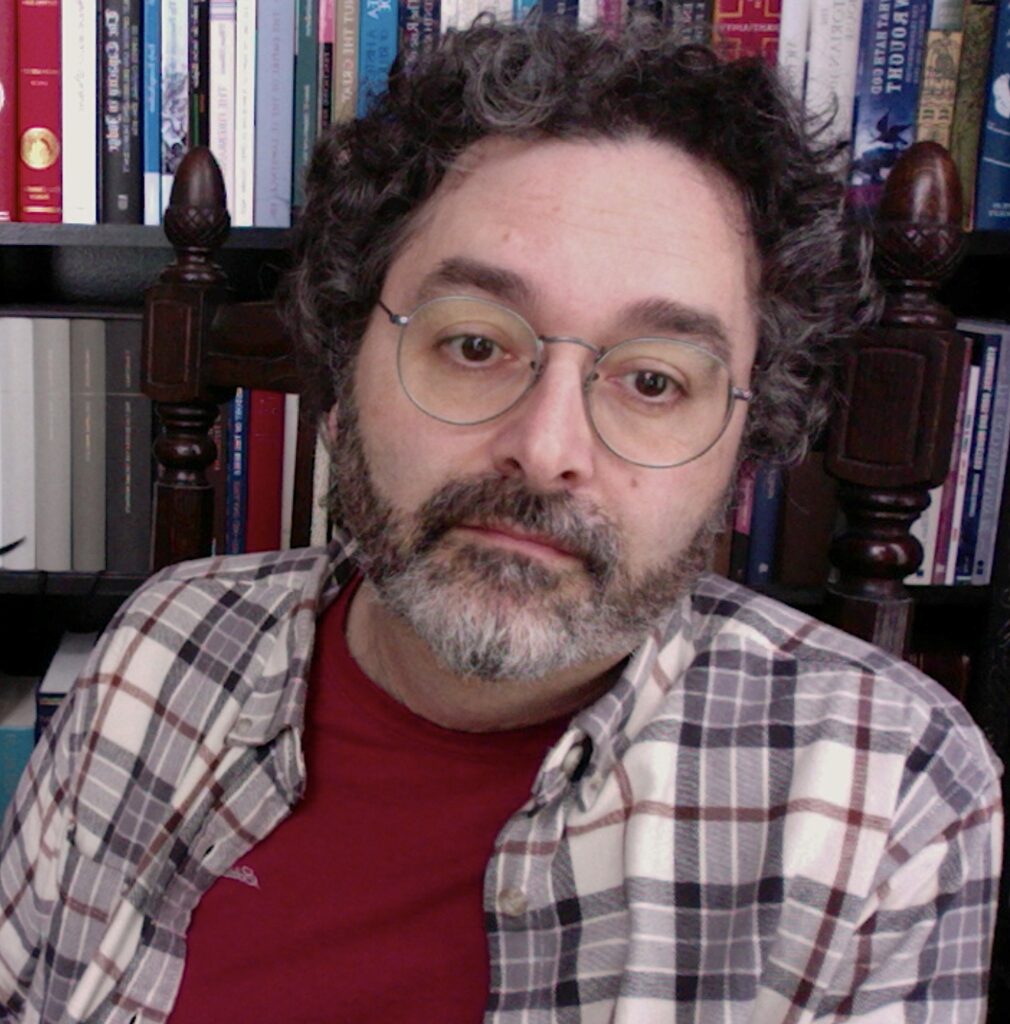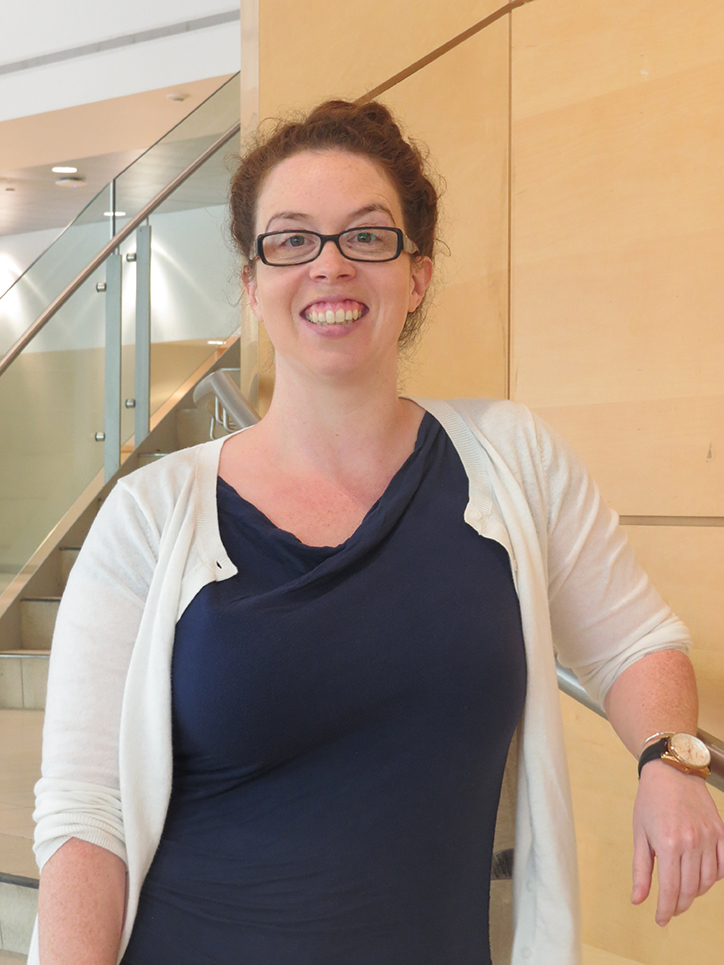Culture and Community: The Importance of Relationship-Rich Education (Reading for Teaching 2024)
There can be something inspiring and affirming about sharing a challenge, question, or experience and hearing “Me too!” from a colleague. The Teaching Commons, in collaboration with York University Libraries, facilitates Reading for Teaching program as an opportunity to facilitate these experiences, with a common read acting as the catalyst for conversation. Our Winter 2024 offering of Reading for Teaching again centered on a discussion of Relationship-Rich Education: How Human Connections Drive Success in College by Peter Felten & Leo M. Lambert. A focus on relationships mirrored ongoing conversations in higher education and the world beyond, recognizing the deep value in being, and staying, connected.
Our early conversations focused on building and maintaining relationships with our students. As many of us are often the first of only a few people students may engage with during their time in the institution, how might we be firm but fair, open yet professional, and kind yet maintaining some level of authority in our classrooms? We spent time recognizing and bringing to light the myriad of challenges our students face inside and outside the classroom, while grappling with the role we can, should, and often play in their lives. As our conversations continued, we saw the need to turn inward. What does it mean to have meaningful relationships with our colleagues, the institution, and, perhaps most importantly, ourselves?
As we met monthly to grapple with these questions, it became increasingly clear just how deeply the academic culture in which we exist influences both our teaching and our interactions. It dictates the norms and expectations we unconsciously follow, colours our perceptions of success, and influences the ways in which we connect with students, colleagues, and staff. It also tends to prioritise certain values—like research output and academic prestige—over others, such as teaching excellence and emotional support. By wrestling with these problematic but deeply embedded cultural values together, we began to see some new ways – large and small – that we, in our own corners of the academy, might begin to challenge and reshape them.
The book was not what everyone was expecting. And it definitely managed to surprise us in more than a few places. Undoubtedly, faculty play a critical role in nurturing connections in and beyond the classroom. But that led to a depressing sense that faculty bear the brunt of this responsibility, positioning instructors as the central pivot in a vast network of academic relationships. As we read further, however, it became evident that while faculty are indeed crucial to this process, they are but one node in a much larger constellation of connections. This network, or web of connections, must extend in all directions, embracing not just the faculty and students, but also other students, staff, and the institution itself. In the end what really matters is that each of us make an effort, however small, to build a culture where each person is seen and valued beyond their formal titles or roles. After all, wouldn’t we all rather teach and work in an environment where the humanity of each person can be seen and experienced? An important added benefit is that we can also see our own humanity more clearly. And that takes some of the pressure off us. In the end, our effectiveness at building relationships can’t really be measured by the frequency of meetings we schedule or the volume of emails we answer, but instead by the quality of exchanges and the depth of understanding that emerges in ways formal metrics simply cannot capture.
Of course, a big part of our discussions revolved around how stubbornly many of the structural elements within higher education continue to work against these ideals. And yet we also understood that we don’t need to overhaul the entire system to make a difference. Small but purposeful acts that seek to nurture relationships in our daily academic practices can also be profoundly transformative. Indeed, the Reading for Teaching group itself became a kind of living example of these ideals in action. Here, we discovered a shared space where empathetic relationships could thrive, allowing us to support each other's professional and personal growth. This experience underscored the book's promise that education is more than just an academic performance. It is also deeply relational.
Perhaps our biggest takeaway was that relationship-rich education may be closer than we think. At its core, this book is proposing a practical approach to academic life that many in our group are already living. But by pausing to think deliberately about this approach and the practices connected to it, we were each able to affirm our belief in the fundamental value of relationships and make a more intentional effort to deepen the ways in which we can all work together to nurture a more inclusive and fulfilling academic culture.
A special thank you to our Reading for Teaching participants whose ideas, insights, and questions inspired this post. Reading for Teaching will begin again in Fall 2024. To learn more, please contact Lisa Endersby, Educational Developer, at lendersb@yorku.ca

Scott McLaren is a teaching and learning librarian in the Scott Library and a faculty member in the graduate programs in Humanities, History, and English. He is the author of Pulpit, Press, and Politics: Methodists and the Market for Books in Upper Canada (UTP, 2019). His second book, The Bible in the Age of Empire: A Cultural History, will be published by Bloomsbury Academic this spring.

Dr. Lisa Endersby serves as an Educational Developer in the Teaching Commons as the liaison developer for the Faculty of Health, the Schulich School of Business, and the Libraries. Her portfolio includes supporting all facets of experiential education pedagogy alongside facilitating opportunities for reflective professional development through observation, reading, and peer mentorship.
